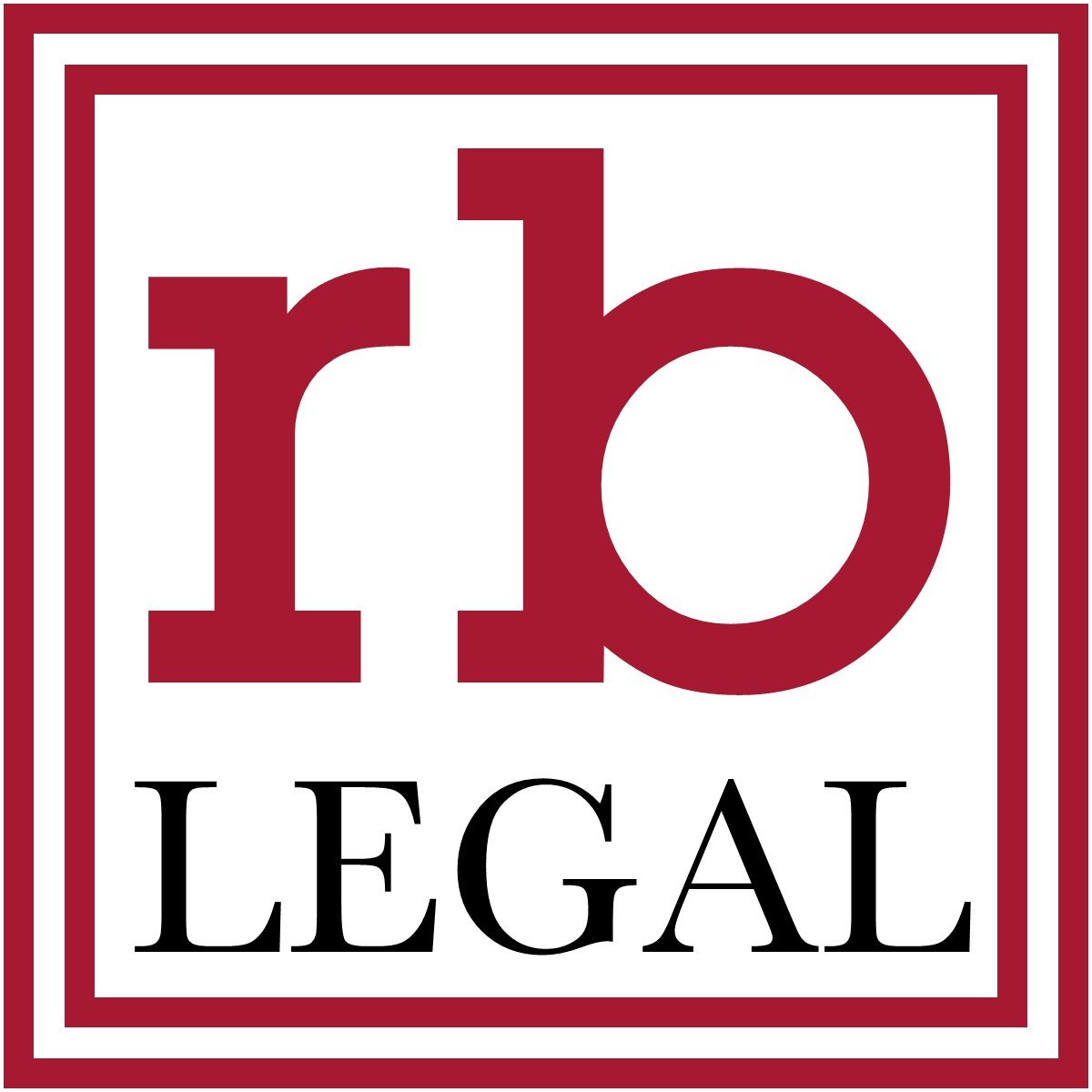Testators can make a will that instructs how their assets are distributed. The first step in the administration process after the testator passes away is to validate the authenticity of the will. This is done in probate court. The probate court judge will then approve someone to administer the estate, which is typically the estate executor listed in the will.
The executor has several duties, such as reaching out to heirs, paying taxes, distributing assets and submitting death certificates to banks and creditors. All of this can be done during probate, which can take several months to over a year.
The time it takes for probate to end and several other issues can cause testators to want to avoid the probate process. Here are the other issues with probate:
What are the issues with probate?
Besides the length of probate, probate can cost the estate about 3% to 5% of its value. These fees go into opening an administration, providing letters of testamentary and closing an estate. A personal representative may also charge the estate based on a percentage of the estate’s value. Fees may also reimburse any of the personal representative’s out-of-pocket expenses.
Someone could also contest a will and delay the probate process. There may be reasonable evidence that causes someone to contest a will, such as if a will was made under duress or changed because of undue influence.
How can you avoid probate?
Testators can avoid probate by having no assets in an estate. This can be done in several ways. Assets could, for example, be titled with a joint owner. Or, a trust could be made so assets are not considered property of an estate.
When making an estate plan, it can help to learn about the legal process. Testators may learn what other options they have when they face difficult decisions, such as allowing an estate to go through probate.



